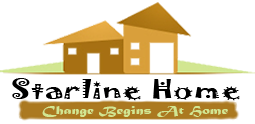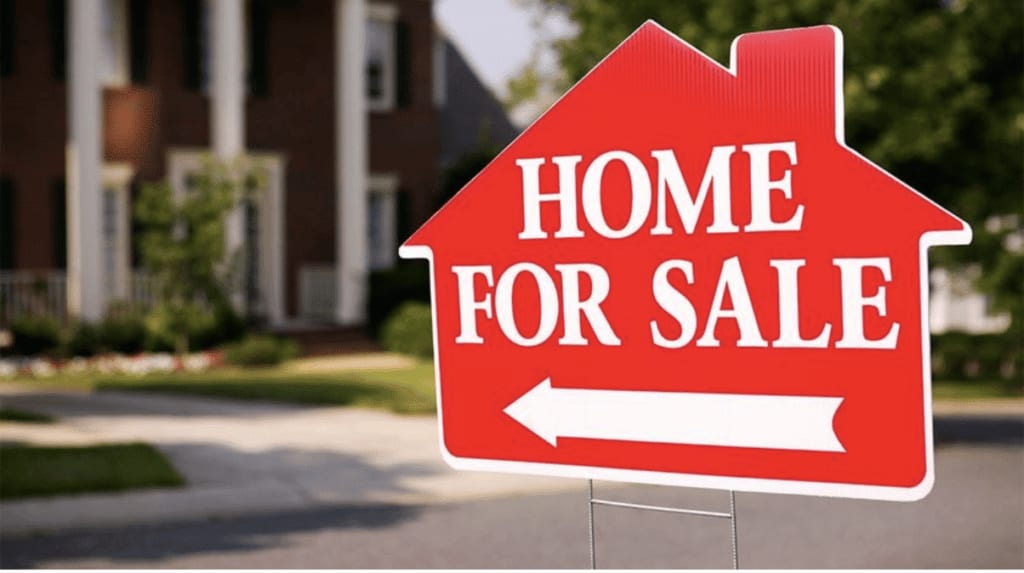Housing prices are booming across Australia right now thanks to record-low interest rates and higher household savings since the pandemic. Some voices are claiming it’s still a great time to buy while others suggest renting is the smarter move.
Whether you want the stability and control that comes with owning your own home or the flexibility that you get from renting, it’s important to weigh up your options carefully.
Check out the pros and cons of buying and renting below to help you get started.
Pros Of Buying
1. More Freedom And Control
When you own your own home, it’s yours. That means you can make changes without consulting your landlord or worrying about breaking your lease terms.
For example, if you’re wanting better climate control in your home, you can invest in split system air conditioning installation whenever you want. If you’ve got an expanding family and want to make more room, you can renovate the house to suit your evolving needs.
Just keep in mind, you may still be subject to local building codes and restrictions depending on where the house is located and what type of property it is.
2. Ability To Grow Your Wealth
Many houses will increase in value over time, often at a greater rate than inflation. In this way, owning a property is like making a long term investment that will grow your wealth as you get older.
Just keep in mind that the location and local market conditions of a property can affect whether or not it will increase in value over time. Not all properties do. That’s why it’s important to do thorough research and seek expert advice before purchasing a property.
3. Increased Certainty And Security
For many people, owning their own home gives them a greater sense of certainty and security. Interest rates may go up and down somewhat, but in general having a mortgage means you know what to expect when it comes to your repayments.
Having your own home means you don’t have to worry about moving out, finding a new place to live or facing unaffordable rent prices.
Having a mortgage will also force you to put money aside every week from your paycheck, which can be a good incentive to save and budget wisely. Also, the principal part of your payment goes towards paying off your own home, rather than your landlord’s property.
Cons Of Buying
1. Significant Upfront Costs
If you want to buy your own home you’re often required to put down a deposit that is 10-20% of the property price. Saving for this can be difficult, especially if you don’t want to pay lenders mortgage insurance (LMI). You may also be required to pay thousands of dollars in stamp duty when you purchase a house.
Keep in mind, there are a number of government incentives to assist home buyers across Australia, so it’s worth checking out what you’d be eligible for.
2. Ongoing Costs
As the property owner, you will be responsible for a number of ongoing costs on top of your monthly mortgage repayments. Maintenance, repairs and council rates will all fall on your shoulders. All of these additional costs should be factored in before you decide if buying is right for you.
3. Risk Of Foreclosure
If you cannot make your repayments you will face the risk of foreclosure and repossession. This is when the bank takes possession of your property and sells it. Struggling to make your repayments can be a big source of stress when you face the risk of foreclosure.
Pros Of Renting
1. Higher Flexibility
Renting a house can allow you to live in a suburb that you wouldn’t be able to afford to buy in. This may give you greater control over how you want to live. It also makes it easier to relocate if you want to. For example, if your family grows and your housing needs change, if you get a new job offer or you want to live interstate for a period of time.
2. More Immediate Saving Opportunities
Renting now may be cheaper than buying and could free up some of your finances to save for the future or put into other types of investments. For some people, renting can be less financially stressful since the commitment is only as long as your lease is.
3. Lower Maintenance Costs
When you rent, the owner of the house is responsible for maintenance and upkeep. For example, if the home has solar panels that require cleaning, a reticulation system that needs repairs or a hot water system that needs replacing, the owner is financially responsible for making those things happen.
Cons Of Renting
1. No Potential For Investment
Some people say the rent you pay is ‘dead money’. You still have to pay it every week, but it isn’t going towards your own investment like repayments on a mortgage are. While property owners may eventually pay off their mortgage and be the full owners of their property, people who pay rent are essentially growing the wealth of their landlord.
2. Less Freedom With Your Home
When you rent you may have less freedom when it comes to making changes in your home to suit your needs or personal preferences. You have to seek permission from your landlord to make changes which may not be accepted. You also have to have regular inspections and have to maintain the property to the landlord’s standards.
3. Increasing Rental Costs
Rental properties are subject to rental increases as the market grows. In many places across Australia, it is hard to find an affordable rental and competition at property open days is fierce. In some locations, it may be more expensive to rent than buy.
The Verdict
There are a large number of factors that affect whether renting or buying is the best way forward including where you want to live, your financial situation and your lifestyle preferences. Buying a property is a huge financial commitment and it’s important to take your time, plan carefully and seek professional guidance before making a decision that’s right for you.





